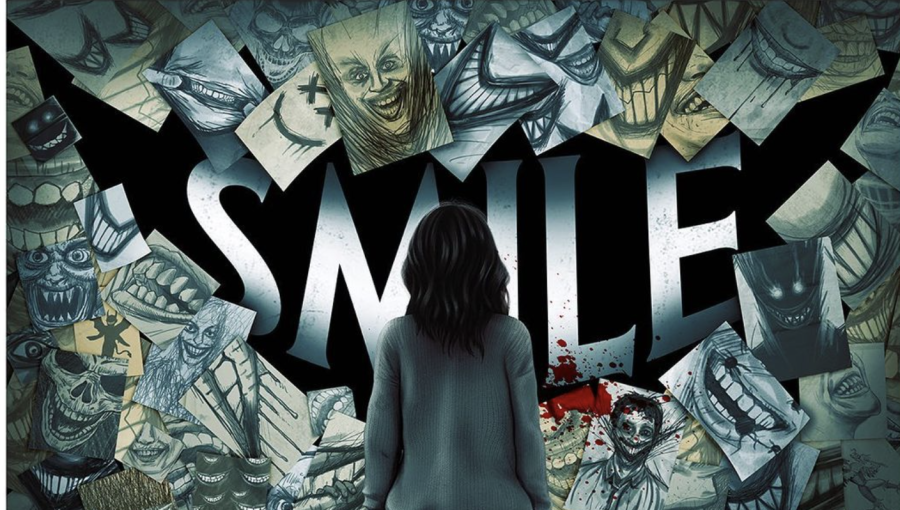Director Neil Blomkamp has once again put out a dark, gritty sci-fi film full of gang culture and forced apartheid allegory in Chappie.
Chappie takes place in a near future where the police force is made up of robots. When one robot breaks down, an ambitious young technician played by Dev Patel installs a new mainframe that gives the robot a sentient conscious that can learn, think and feel. The robot, as one might’ve guessed, is named Chappie.
Like many films, Chappie has three distinct acts. The first act sets up the generic sci-fi “evil corporation,” seen in District 9, Aliens, etc. Ironically enough, Sigourney Weaver plays the CEO, giving Chappie another bridge to Alien. Hugh Jackman plays the main antagonist, who is jealous that Dev Patel’s robots have become the prominent police force while his bulky bipedal droids gather dust.
Dev Patel creates Chappie, but is not allowed to activate him due to company restrictions. He ends up getting kidnapped by gangsters played by South African hip hop stars Yolandi Visser and Ninja.
They activate Chappie with the intention of turning him into, as Ninja puts it, “the illest gangster on the street, son.”
This is when Chappie starts to fall apart. The screenplay sticks out as being one of the most laughable in recent memory. Perhaps the fact that Yolandi and Ninja are musicians and not actors explains the terrible performance, but the horrible screenplay is attributable to Blomkamp.
The gangsters raise Chappie like a child, baby talking him. This becomes extremely annoying, as Yolandi and Ninja exhibit their forced gangster attitudes toward a child. Honestly, these characters seem as though a 12-year-old wrote them. Chappie is certainly not charming, either. Unlike the charming cinematic robots Baymax and Wall-e, Chappie is incredibly annoying, talking in a high pitched South African accent provided by frequent Blomkamp collaborator Sharlto Copley. Meanwhile, Hugh Jackman is plotting his evil revenge plan, which all but a mystery until the end.
At a certain point, one stops waiting for Chappie to deliver and starts waiting for Chappie to end. This is not to say there are no redeeming factors. The robot looks incredibly realistic and the movement seems very organic yet within the confines of a robot’s movement. There is a brief fight scene at the end that is entertaining, mostly for the ED-209 rip-off tearing a man in two.
And that ends the positives. There are elements in Chappie that could be profound if in the hands of another director. Spielberg’s AI addressed robotic consciousness brilliantly, for the whole point of addressing robotic consciousness is not about robots; it’s about humans. If a robot is created by a human, and can then think, feel, and evolve, how is that different from a sentient human being? This calls into question whether we are programmed by some higher power, and if we are any different than robots.
Descartes’ “I think therefore I am” proposition becomes a little hazier when robots that transcend their programs are cinematically rendered. At least Chappie got me thinking about that, even if I was thinking about how the movie should have hammered in these themes rather than evil corporatism.
Yet Chappie is far from original in hinting at this theme. Full of plagiarisms, the film rips off the Robocop above all, with the notion of a robotic police force and the design of Jackman’s robots copying the design of the ED-209 robots from Robocop, who are also meant to be more military police versus the Chappie robot.
Also like Robocop, the final fight takes place in an abandoned industrial plant, which looks very similar to the plant where Alex Murphy has his standoff with the gang. Furthermore, Blomkamp continues his trend of self-plagiarism by following plot structures established in District 9.











